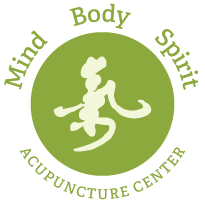According to Dr. Allen and Tian’s defination Depression is a mood disorder characterized by both physical and psychological symptoms that can be detrimental to one’s normal daily functioning. Depressed individuals often suffer from poor sleeping habits, crying spells, anxiety, worry, poor memory, inability to concentrate, body aches, stomach disturbances and a lack of interest in activities previously enjoyed. In extreme cases, individuals become helpless and hopeless about their lives and suicide is often considered.
Modern Treatment for Depression
Modern medicine typically treats depression with a form of psychotherapy and/or anti-depressant drugs regardless of the specific symptoms presented by the depressed patient. In the United States, the DSM-IV, a diagnostic tool for appropriately categorizing psychological disorders, is widely used in the diagnosis and treatment for depression.
How Traditional Chinese Medicine Views Depression
In contrast, Traditional Chinese Medicine does not recognize depression as a particular illness per se, but it aims to treat the specific symptoms that are unique to the individual using a variety of techniques such as acupuncture, Chinese herbs, tui-na massage, and tai chi exercises to restore imbalances found in the body. Based on a holistic approach, acupuncture consists of fine needles inserted along various points in the body, with the purpose of stimulating the body’s flow of energy and functionality, known as Qi. Though acupuncture has been traditionally taught as a preventive form of health care, it has also been proven effective in the treatment of pain and chronic conditions.


